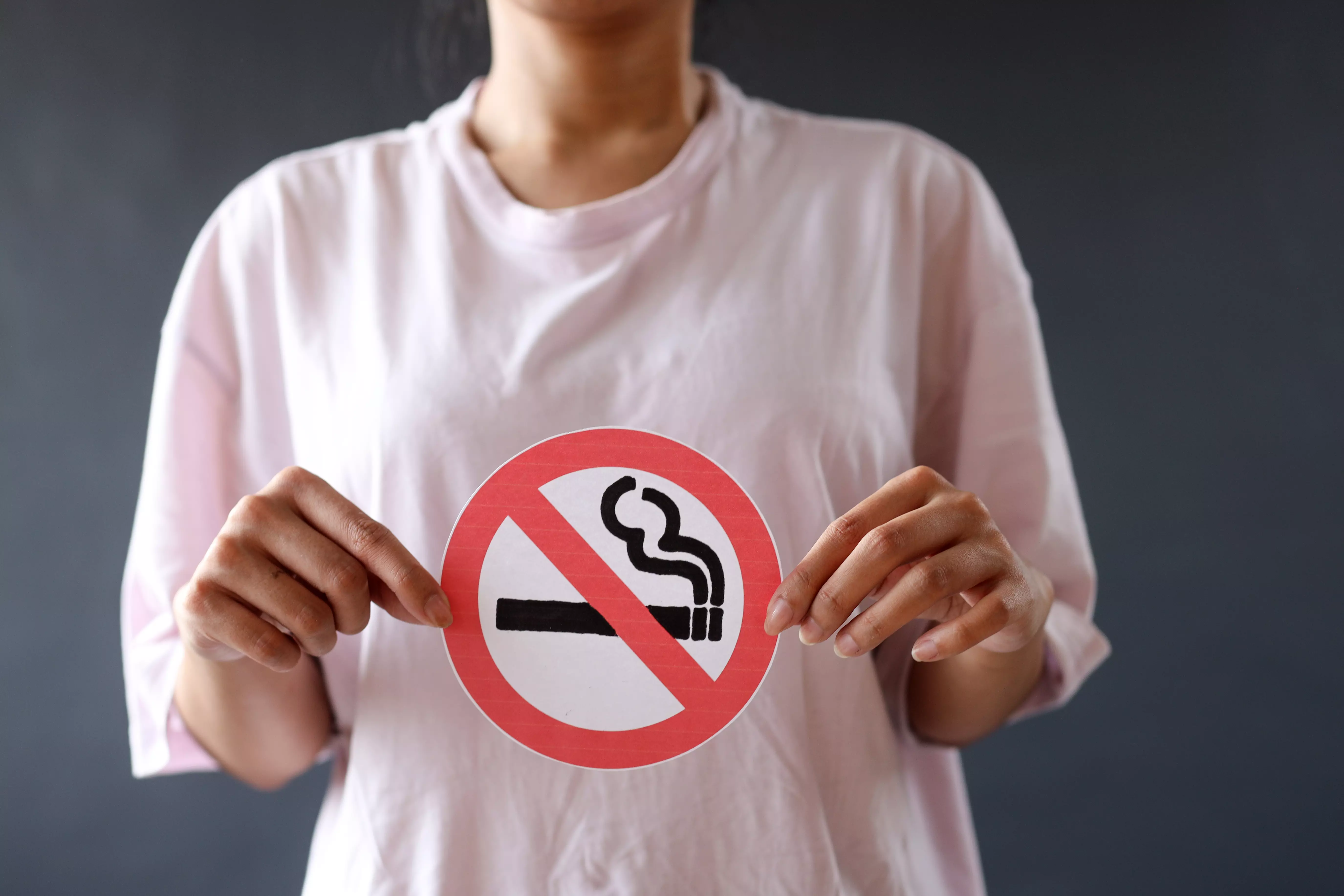Secondhand smoke policy and regulation: An overview of global approaches
Secondhand smoke, or tobacco smoke inhaled by non-smokers, is a major risk factor for many diseases, including lung cancer, heart disease and respiratory diseases. Because of the serious health risks associated with secondhand smoke, many countries around the world have adopted policies and regulations to protect people from exposure to secondhand smoke. Below is an overview of the various approaches to this issue.
Bans on smoking in public places
Many countries, including Canada, Australia, the United Kingdom and most European Union countries, have enacted smoking bans in public places. These bans cover different types of places, including restaurants, bars, workplaces and other enclosed public places.
Smoking bans in cars
Some countries, such as the UK, Canada and some states in the US, have laws prohibiting smoking in cars with children in them. These laws were introduced to protect children from the harmful effects of secondhand smoke.
Restrictions on tobacco advertising
Many countries have introduced strict regulations on advertising and promotion of tobacco products. In some places, such as Australia, these regulations include a requirement that health warnings be placed on cigarette packages.

Active smoking prevention
Some countries, such as Norway and Sweden, have taken steps to actively combat smoking by promoting health measures such as smoking cessation programs and introducing high taxes on tobacco products.
Regulation of e-cigarettes
With the growing popularity of e-cigarettes, some countries, such as the US and Canada, have introduced regulations on their use, including restrictions on the location and age of users.
Summary
Different countries around the world approach the problem of secondhand smoke in different ways, but there is widespread recognition that secondhand smoke poses a serious threat to public health. Bans on smoking in public places and cars, restrictions on tobacco advertising, active smoking prevention and e-cigarette regulations are just some of the policies and regulations that have been put in place to protect people from secondhand smoke.
 smokefreeamericas.org
smokefreeamericas.org smokefreeamericas.org
smokefreeamericas.org